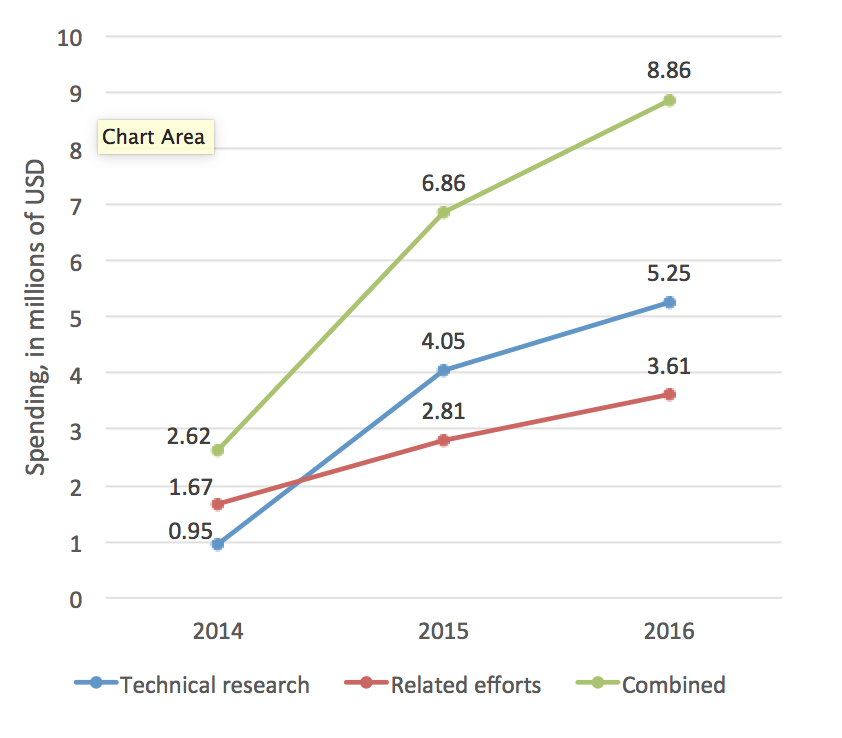Summary: a less mathematical account of what I mean by “deserving trust”.
When I was a child, my father made me promises. Of the promises he made, he managed to keep 100% of them. Not 90%, but 100%. He would say things like “Andrew, I’ll take you to play in the sand pit tomorrow, even if you forget to bug me about it”, and then he would. This often saved him from being continually pestered by me to keep his word, because I knew I could trust him.
Around 1999 (tagged in my memory as “age 13”), I came to be aware of this property of my father in a very salient way, and decided I wanted to be like that, too. When I’d tell someone they could count on me, if I said “I promise”, then I wanted to know for myself that they could really count on me. I wanted to know I deserved their trust before I asked for it. At the time, I couldn’t recall breaking any explicit promises, and I decided to start keeping a careful track from then on to make sure I didn’t break any promises thereafter.
About a year later, around 2000, I got really wrapped up in thinking about what I wanted from life, in full generality… Continue reading


